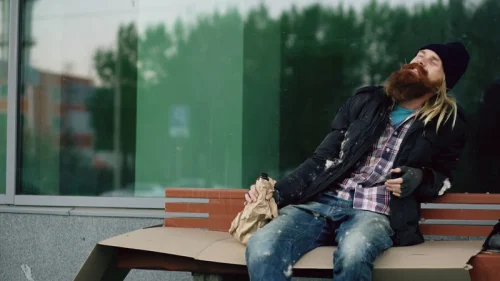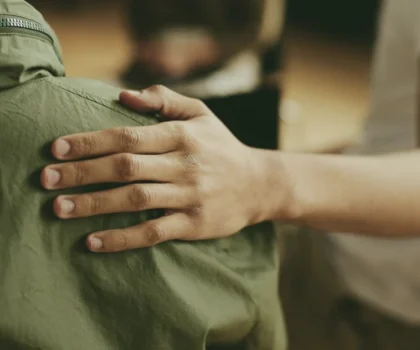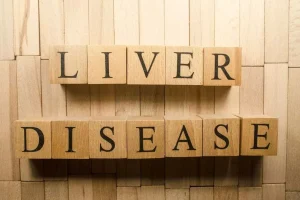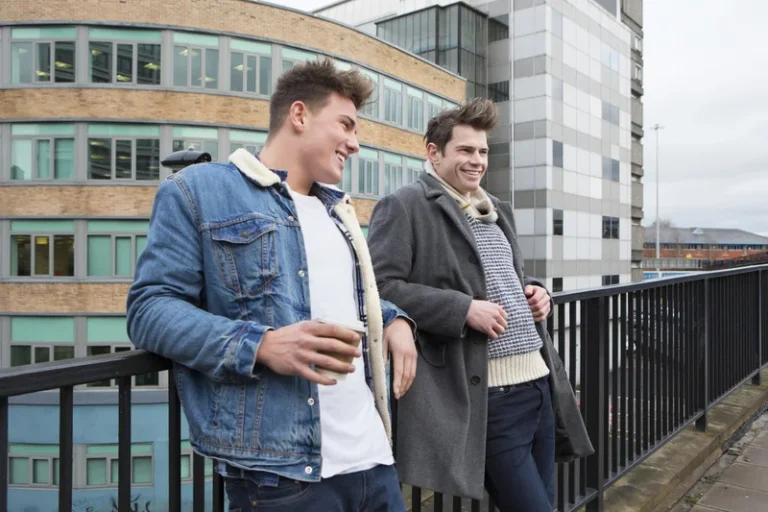
These groups offer a judgment-free zone where you can share your experiences and learn from others. The camaraderie and understanding within these groups can lead to lasting friendships grounded in mutual support and shared experiences. Making amends requires actions that demonstrate your commitment to change and to rectify past mistakes.
Building Trust in Recovery
- Often, we tend to focus on putting all of our energy into romantic relationships.
- You don’t have to say you’re sober on the first date – it may come up naturally in conversation as you’re getting to know the other person.
- Unhealthy relationships can have a negative impact on addiction recovery by perpetuating negative emotions, enabling destructive habits, and potentially leading to relapse.
- Genuine emotional connections can be rebuilt, enabling relationships to flourish.
- Even though recovery is a process full of complexities, it’s possible to overcome addiction with professional guidance and personal commitment.
And perhaps your boyfriend or girlfriend is someone who appreciates words of affirmation. With both people on the same page, you can figure out a way to best support your partner and know what to expect when you want to express https://ecosoberhouse.com/ your love. When seeking potential partners, you should also consider their lifestyle as well. If they are someone who drinks casually at dinner or enjoys hanging around bars, will this pose a threat to your sobriety?
Frequently Asked Questions About Rebuilding Relationships After Addiction
If you’re in recovery for SUD, here’s how you can try to make amends with loved ones whose trust was bruised during addiction. Whether you’ve been in recovery previously or this is your first attempt, why should they believe you now? How many times have you told them romantic relationships in recovery that this time things will be different? The more often this happens, the harder it is for the important people in your life to trust that this time really will be different. People do activities and programs with others who have similar goals and experiences.
How Mindful Living’s Peer Support Programme Echoes the Bravery of Oskar Schindler
They attend meetings, share with sponsors, work their steps, and go through significant therapy. They create deep and meaningful relationships with others, but not with their partner. Whether it’s completing a week of sobriety, attending support group meetings consistently, or making positive lifestyle changes, each step forward deserves recognition. By acknowledging these small victories, individuals can gain a sense of accomplishment and motivation to continue their progress. Chronic misuse of alcohol or drugs often results in crossing boundaries within relationships, which can mean unhealthy dynamics such as codependence and enabling behaviors.
Listen and Validate Feelings

A strong foundation of self-care is critical to supporting healthier relationships under normal circumstances, never mind when there is complexity such as addiction and recovery thrown into the mix. Addiction does not occur in isolation; it affects every aspect of an individual’s life, and that includes their key relationships (and peripheral ones). The strain that addiction places on connections with family, friends, and partners can be immense, often leading to feelings of betrayal, hurt, and frustration on all sides.

- As much as you need to express your remorse and commitment to change, it’s equally important to listen to how your addiction created toxic relationships.
- Practice active listening, express your thoughts and feelings honestly, and show genuine interest in the lives of others.
- But there are also support groups that have always existed purely online.
- Some people get solace from religion, some from nature, or creative outlets.

